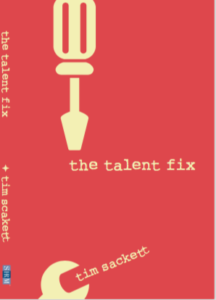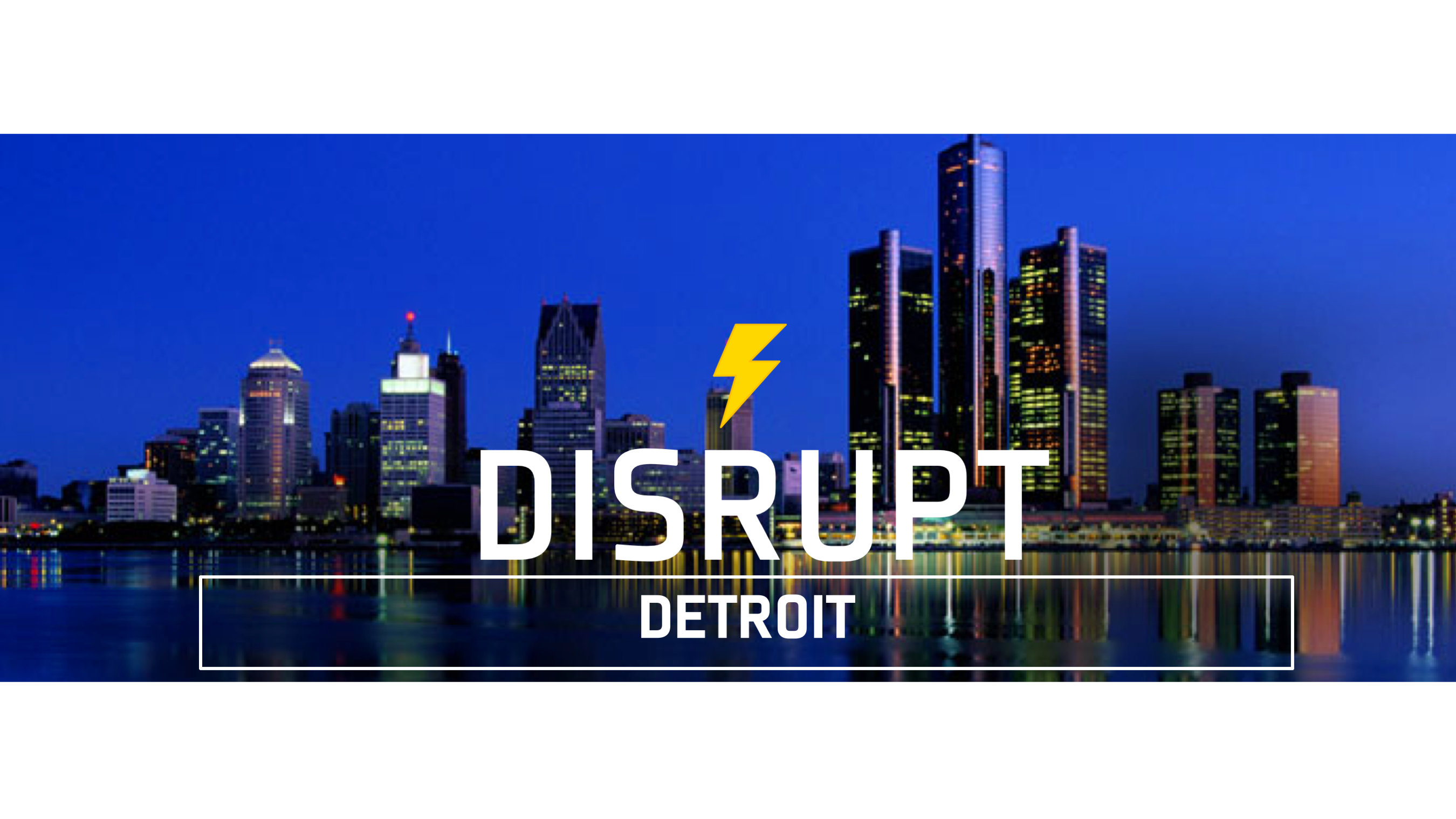I’m a kid of the 80’s! Breakfast Club, Ferris Bueller, Pretty in Pink, St. Elmos.
There was one other movie from that era that stuck with me called “Can’t Buy Me Love”, starring a very young Mc Dreamy, Patrick Dempsey, and a very young, Amanda Peterson. Of course this was a favorite of mine because well let’s just I indentified with the main character!
Quick story line – Patrick Dempsey plays a nerd-type, nobody in high school who just wants to be one of the popular kids. Basically, the same plot line for every teen movie ever. He mows lawns and saves all of this money. He asks Amanda Peterson’s cheerleader character to be his girlfriend and he’ll pay her, believing that’s all it will take to make him popular.
She does it. She does the makeover on him. It works. It works too well. She really falls for him. He gets cocky. His world falls apart. He gets the girl in the end! God, I miss the 80’s!!!
The concept of ‘buying’ popularity is both brilliant and stupid. In high school, popularity is a valuable currency. If you have it, it’s awesome. If you don’t have it, you want it, but it’s not something that is very transferable. The key is association! If you’re in with the popular crowd or the right people or person, you can catch their popularity exhaust.
So, what’s the “Can’t Buy Me Love” Internship Program?
Here’s what I’m thinking. If I was a college student, right now in the world, I would pay the right person, at the right company, to be their intern for the summer!
Stay with me.
Two kids graduate from a B-level college, both with a degree in business, both will similar GPAs. Kid #1 did summer internships with local organizations, mid-sized companies, good brands locally, solid stuff, nice resume. Kid #2 also did summer internships, but her internships were with Apple, Amazon, and Google.
Which kid are you going to hire? Which kid will get a job faster? Which kid will get the better offer?
Kid #2 – will get better everything!
So, it would be to the advantage of every kid to get the best internships possible! But, we know getting the best internships possible are super competitive and hard to get.
Next question: What is an internship, really?
An internship is an experience someone obtains that will help them obtain the next experience. That internship is basically validated by the organization, and more specifically, by the person who manages the intern.
How much would it cost me to get a manager/director/vice president at a major brand to let me ‘shadow’ them for the summer? $2,000? $5,000? Let’s say it’s for 10 weeks, and I’ll do anything this person wants me to do to help them, and I’ll show up every day and stay as long as they want.
Whatever it would cost, that money would be coming back to me 10X or 20X over my career when I hit the market looking for a job with “Giant Brand Experience” on my resume as an intern, with a reference from my ‘internship’ supervisor to back it up.
The “Can’t Buy Me Love” Internship Program!
But, instead of can’t buy me love, it’s really I Can Buy Me A Great Resume! Don’t hate the game, love the hustle! It comes down to how much are you willing to invest in your future? You were willing to spend hundreds of thousands of dollars on that education. Don’t you think it’s worth a few thousand dollars more to separate your resume from the pack?
Food for thought, kids.

The Talent Fix – My new book is now available to purchase! If your organization is having trouble hiring, this is a must buy!
Talent Fix Review: My mom says it’s her favorite book that I’ve written!!! (I’ve only written one book!)




